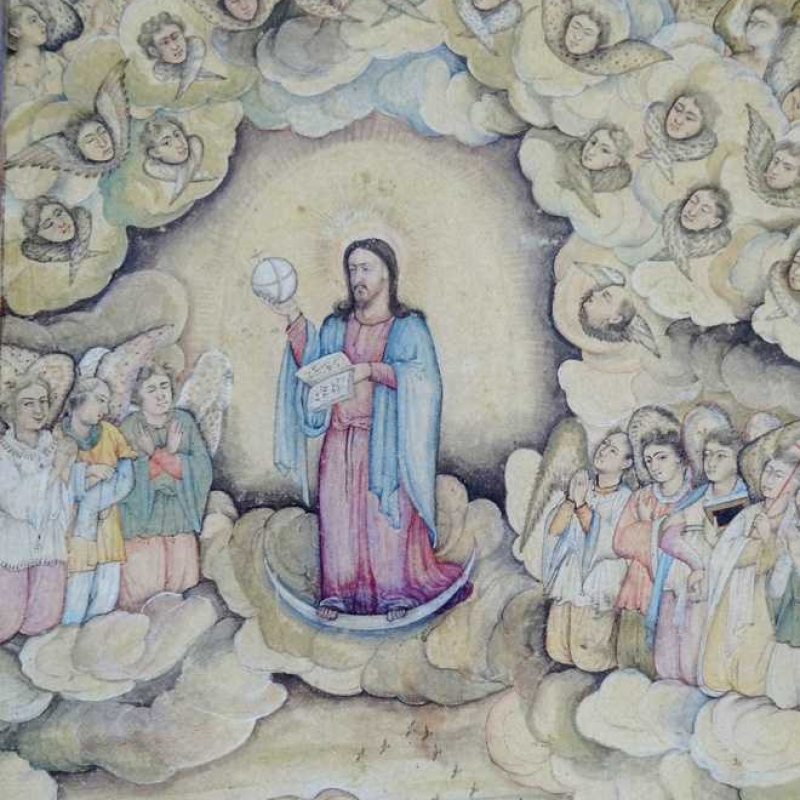FWP:
SETS == HUMOR; IDIOMS; SUBJECT?
This verse, like {54,1}, turns on the witty, multivalent use of an idiomatic expression. And as in that case, it seems that the commentators don't agree on how to understand the idiom (though I'd go with Nazm's meaning over the others). And also as in that case, it seems that the verse can still be effective even if we aren't entirely sure about the original idiom.
The first clause in the second line colloquially omits the subject, but it's definitely masculine (because of achchhā ) and singular (because of ho ). Thus two possibilities present themselves-- the patient, and the Messiah:
='If he (the patient) wouldn't recover or be well, then what cure of the Messiah?' could mean that if the Messiah can't cure the patient, then (1) What punishment can (or should) be inflicted on the Messiah for his failure?; (2) Can anybody improve on his treatment?; (3) Does he have any curative ability at all?
='If he (the Messiah) wouldn't be well or healthy himself, then what cure of the Messiah?' would open a new set of readings. If the Messiah can't cure himself, then (1) Can he possibly cure anybody else?; (2) Is it possible to punish him for such a failure?; (3) Can anybody else cure the Messiah?
We also know that the speaker, the lover himself, is just as much a 'passion-sick one' as the patient he undertakes to nurse. This makes his role as Messiah or physician doubly problematical. If he can't cure himself, how can he cure anybody else? And if he fails to cure the patient, how, in his condition of illness, can he be blamed?
As Bekhud Dihlavi points out, the Messiah could also be taken to be the beloved herself, while the speaker, the lover, merely offers himself as a nurse. In this case, his use of the idiomatic phrase would be a way of disavowing responsibility for the result, as though he already foresees a fatal outcome.
No matter what reading we adopt, that colloquial lo
suggests some kind of ongoing argument or discussion, with perhaps a touch
of exasperation on the speaker's part. And surely, in the whole verse, there's
an obvious playful enjoyment of such witty manipulation of a familiar proverb.

Nazm:
In an idiom they say, 'If this is not done, then what cure for you [agar yih bāt nah huʾī to tumhārā kyā ʿilāj]?'-- that is, how should we treat you then, and what punishment should be given to you? And in this verse he has used the idiom in a manner extremely full of affinity. The verse is multiply meaningful [kaṡīr ul-maʿnī] -- that is, it offers proof for these meanings as well: You people who say 'What cure is there for our passion-- we ought to have the Messiah cure it!'-- look, this is how I respond. (50)== Nazm page 50